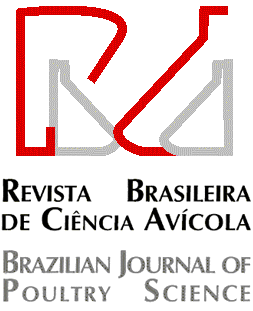Infectious bronchitis virus (IBV) of chickens is currently one of the main diseases associated with respiratory syndrome in domestic poultry, as well as with losses related to egg production. The etiological agent is a coronavirus, which presents structural differences in the field, mainly in the S1 spike protein. The immune response against this virus is complicated by the few similarities among serotypes. Environmental and management factors, as well as the high mutation rate of the virus, render it difficult to control the disease and compromise the efficacy of the available vaccines. Bird immune system capacity to respond to challenges depend on the integrity of the mucosae, as an innate compartment, and on the generation of humoral and cell-mediated adaptive responses, and may affect the health status of breeding stocks in the medium run. Vaccination of day-old chicks in the hatchery on aims at eliciting immune responses, particularly cell-mediated responses that are essential when birds are first challenged. Humoral response (IgY and IgA) are also important for virus clearance in subsequent challenges. The presence of antibodies against the S1 spike protein in 3- to 4-week-old birds is important both in broilers and for immunological memory in layers and breeders.
Chicken Bronchitis; immune response; vaccine
